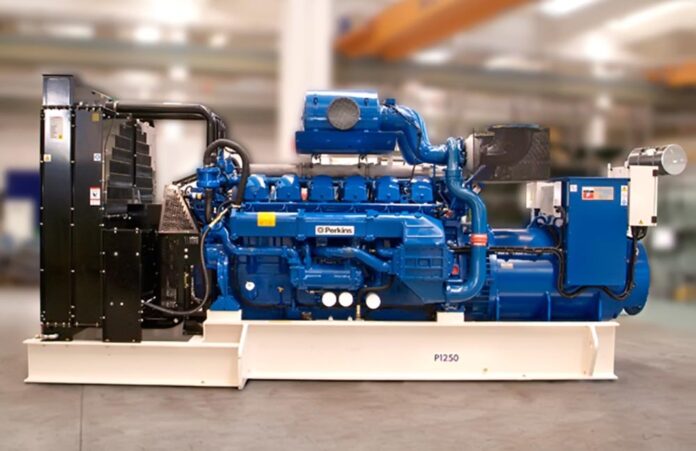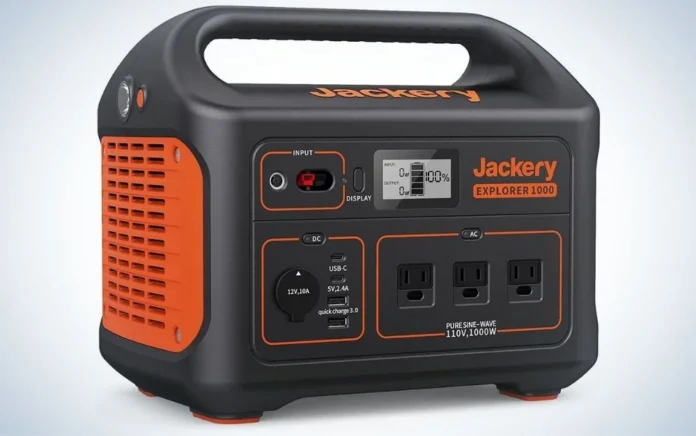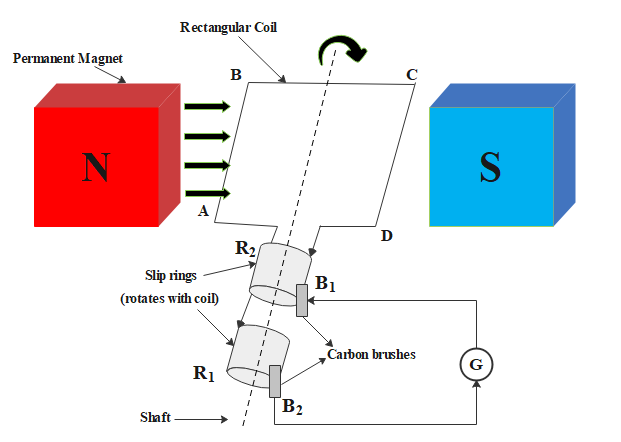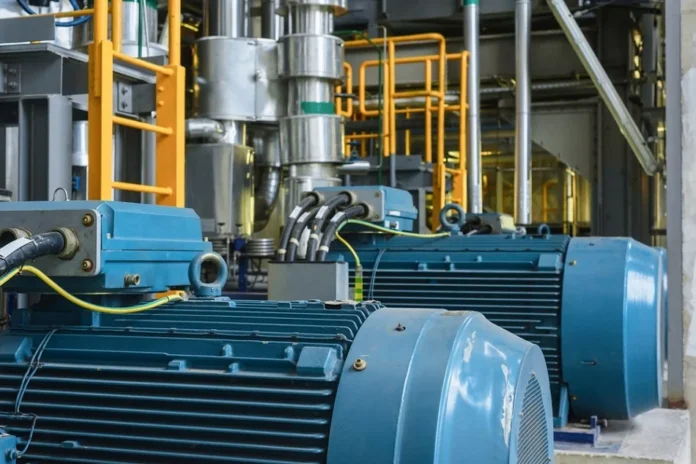Electric generators are a powerful and reliable source of energy, providing a wide range of benefits to users. From providing backup power to powering industrial machinery, electric generators have become a reliable source of energy for a variety of applications.
This article will outline the various benefits of an electric generator, including their reliability and efficiency, and explain why they are a preferred source of power.
The Advantages of Electric Generators
They are an ideal power source for businesses and industries that require a reliable and efficient source of electricity. It offers a number of advantages over traditional power sources, such as cost-effectiveness, reliability, ease of use, and environmental benefits.

Cost-effectiveness
One of the main advantages of electric generators is their cost-effectiveness. Electric generators are much more affordable than traditional power sources, such as diesel or gas generators. Additionally, they require less maintenance and are more efficient than traditional power sources, resulting in lower operating costs.
Reliability
They are known for their reliability and provide a dependable source of power. They are designed to withstand harsh environmental conditions, such as extreme temperatures or high humidity, and are capable of operating for long periods of time. This makes them ideal for applications where long-term power is necessary, such as for backup power or for powering industrial machinery. They are also less prone to breakdowns than other forms of power, making them a reliable and dependable source of energy.
Efficiency
They are highly efficient, providing more power with less energy consumption. This makes them an ideal source of power for a variety of applications. They are also capable of producing more power than other sources, such as solar or wind, making them an ideal choice for larger applications. They produce less waste heat, making them more efficient and reducing the need for cooling systems. This makes them a cost-effective and efficient source of energy.

Ease of Use
Electric generators are also incredibly easy to use. They require minimal setup and can be used in a variety of applications. They are designed to be user-friendly and easy to operate.
Cost Effective
They are cost-effective, making them a great option for those looking to save money on their energy bills. Generators are typically much cheaper than other sources of power, such as solar panels or wind turbines. Generators also require minimal maintenance, making them a great long-term investment.
Portable
Generators are also incredibly portable, making them great for on-the-go power. Generators can be easily transported and moved from one location to another. This makes them great for those looking for a reliable source of power while travelling or camping.

Environmental Benefits
Electric generators also offer environmental benefits. They are powered by clean energy sources, such as solar and wind energy, which do not produce harmful pollutants or emissions. They are much more efficient than traditional power sources, resulting in less waste and an overall lower environmental impact.
They are an efficient and reliable source of power, providing a wide range of benefits to users. From providing backup power to powering industrial machinery, electric generators have become a preferred source of energy for a variety of applications. Their reliability and efficiency make them an ideal choice for a variety of applications, and their cost-effectiveness makes them a popular choice for many industries. They are a reliable and efficient source of power, providing users with the energy they need to power their operations.
Understanding Electric Generators
They are machines that convert mechanical energy into electrical energy. They can be used to provide backup power in the event of a blackout or to provide additional power for a variety of tasks. Before choosing an electric generator, it is important to understand the different types of electric generators and their benefits and drawbacks.

Types of Electric Generators
The most common type of electric generator is a gasoline-powered generator. These generators are typically inexpensive and easy to use, but they require regular maintenance and may emit fumes. Diesel-powered generators are more reliable and require less maintenance, but they are more expensive. There are also inverter generators, which are smaller and quieter, and propane generators, which are more environmentally friendly.
Factors to Consider When Choosing an Electric Generator
When choosing an electric generator, there are several factors to consider.
Power Output: The power output of an electric generator is measured in watts. It is important to choose a generator that can provide enough power to meet your needs. If you are using the generator to power tools or appliances, you will need to know the wattage of the device that you are powering.
Fuel Type: The type of fuel that is used in an electric generator will affect its performance and cost. Gasoline-powered generators are typically the least expensive option, but diesel-powered generators are more reliable. Inverter generators and propane generators are usually the most expensive, but they are quieter and more environmentally friendly.
Size and Weight: The size and weight of an electric generator are important considerations. If you plan to use the generator in a remote location, you will need to choose one that is light enough to be transported. If you plan to use the generator in a fixed location, you will need to choose one that is large enough to meet your power needs.
Noise Level: The noise level of an electric generator can be an important factor. Some generators are very quiet, while others can be quite loud. If you are using the generator in a residential area, you will want to choose one that is not too noisy.

Choosing the right electric generator can be an important decision. It is important to understand the different types of electric generators and the benefits and drawbacks of each. When selecting an electric generator, it is important to consider factors such as power output, fuel type, size and weight, and noise level. Taking the time to do your research and make an informed decision can help ensure that you choose the right electric generator for your needs.









